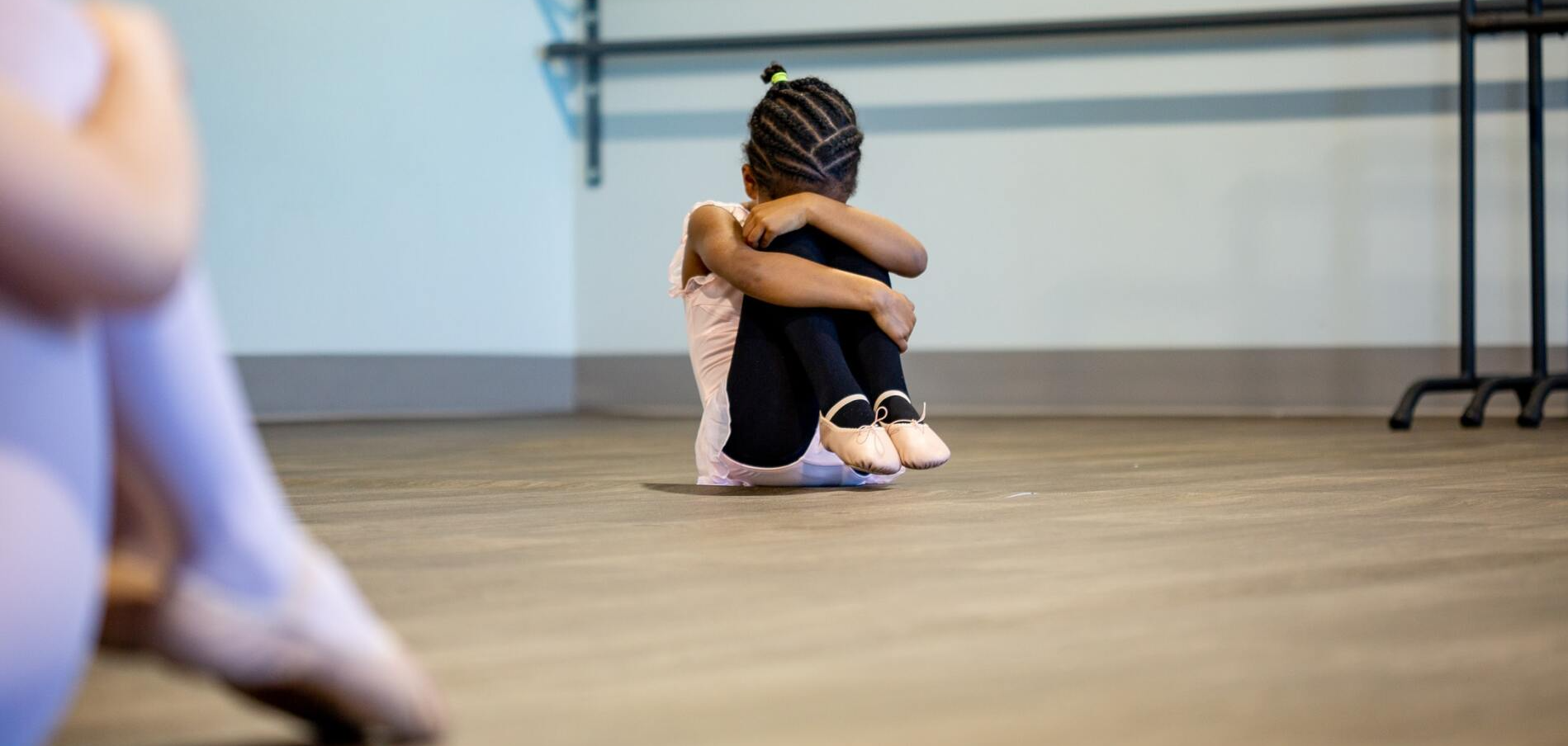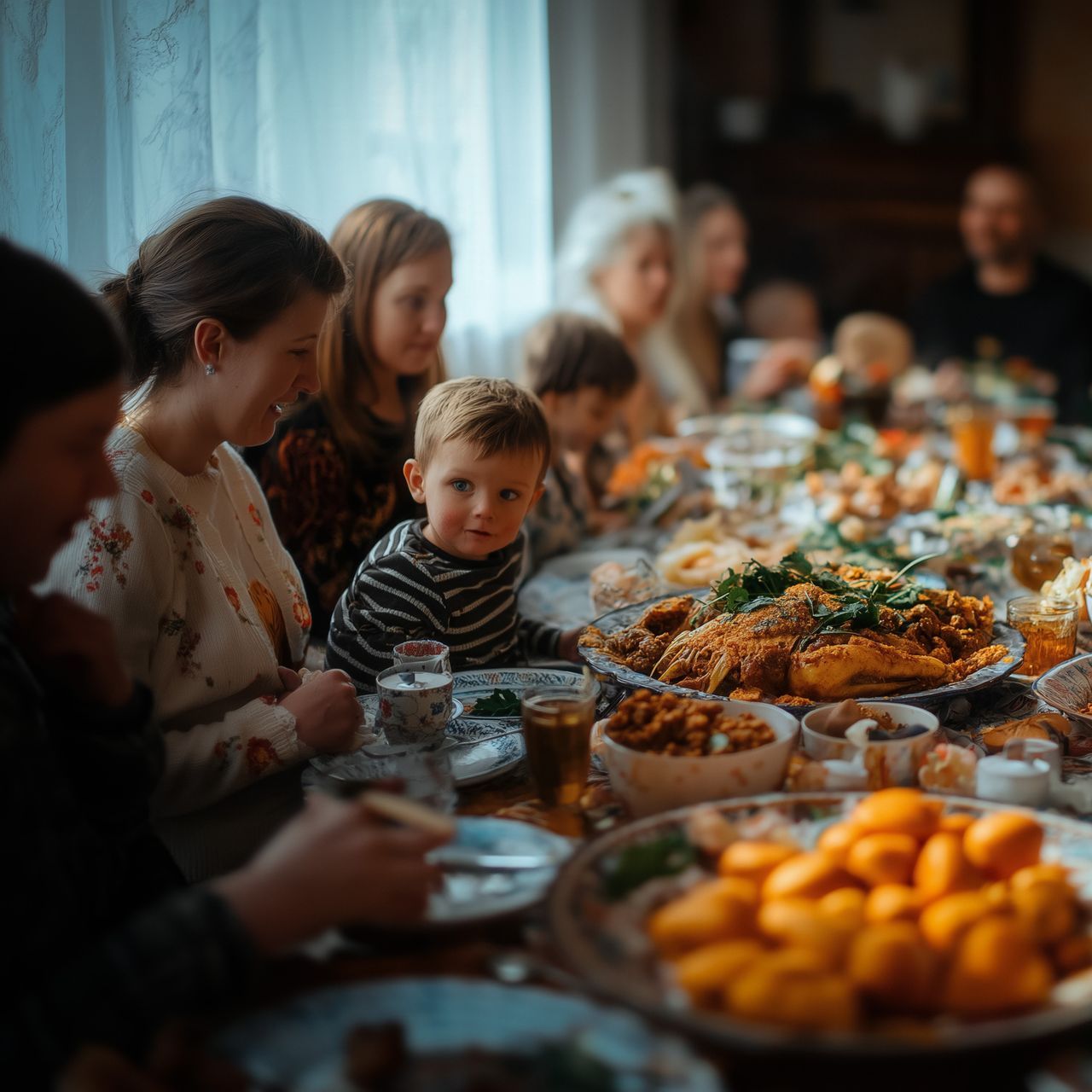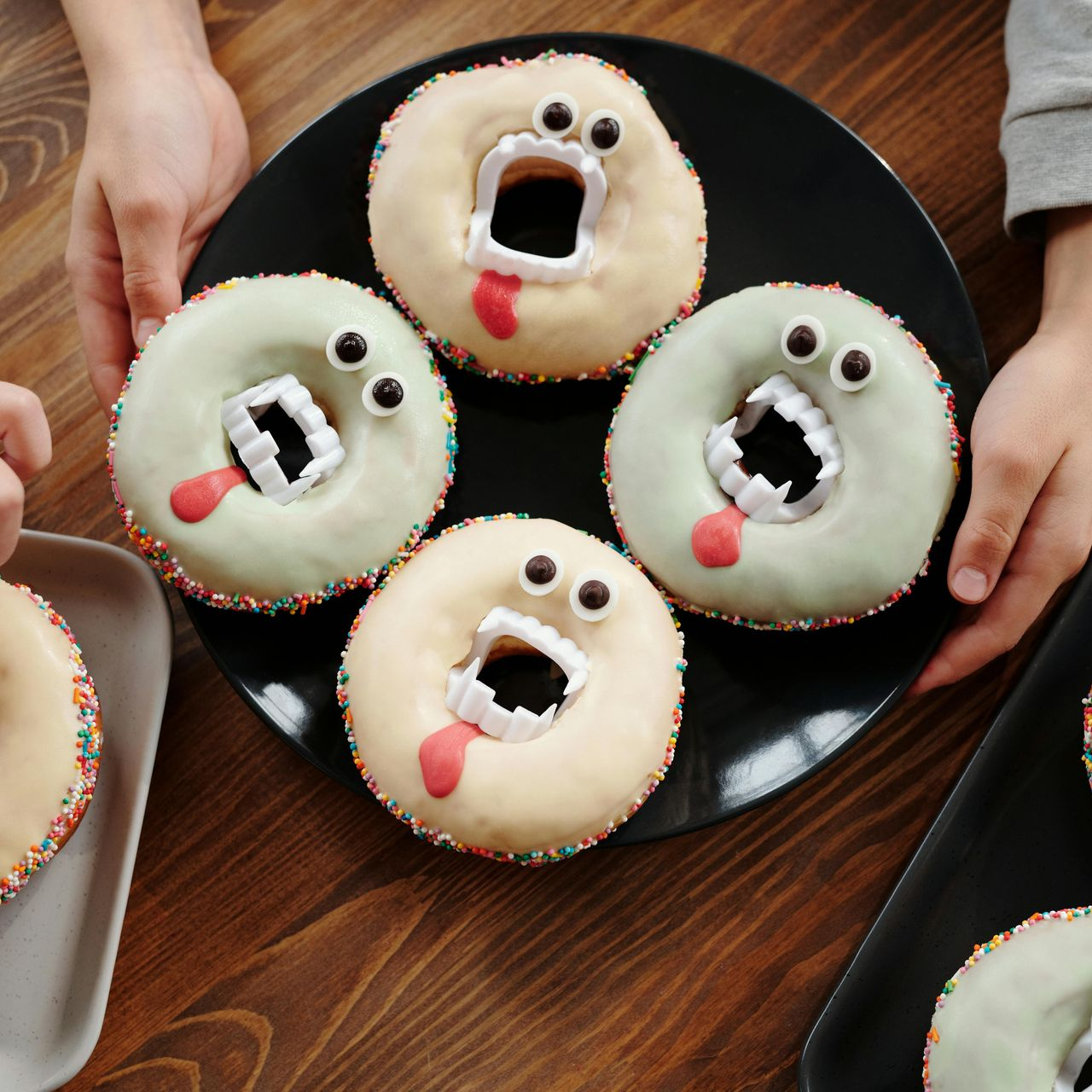Anxiety in Children: Signs, Causes and Actionable Tips for Parents
August 18, 2021

Your child seems to be struggling and you don't know what's wrong. You've seen them have tantrums before, but this time they seem different. Are your child's actions normal? Is something going on that you should know about? This blog post will help answer these questions by discussing common red flags for anxiety in children, as well as some tips to improve the situation at home!
Anxiety is normal in children; it's how we all feel when we're nervous or scared about something. But sometimes kids experience anxiety that goes beyond their developmental level and causes them significant distress and dysfunction in their daily life. This type of prolonged or intense anxiety is called an Anxiety Disorder. Signs include: excessive worry, avoidance of activities due to fear, physical symptoms such as stomach aches or headaches, trouble falling asleep at night because they are so worried about things that might happen the following day...and more serious signs like not wanting to go outside or having recurring nightmares.
Here are a few signs that your child may be suffering from anxiety:
- an increased heart rate
- fidgety hands or feet
- a hard time falling asleep at night
- physical symptoms such as nausea and dizziness
- increased emotional distress, such as feeling sad or worried
- social withdrawal from large groups and increased isolation which can lead to depression
- the fear of something specific like public speaking for example
- generalized worry about everything, including life events that may be difficult for children to understand (think COVID-19).
The best way parents can help their child with anxiety is by being supportive and encouraging them in the moment when they are feeling anxious, but also setting up some long-term strategies for coping before an event like a large group presentation or going on a play date.
Here are some things you can do to help your child with their anxiety:
- Talk about it. Children feel better when they know that what's happening is ok and normal, as long as parents stay calm during the discussion. They need reassurance from adults in large groups or public spaces. Talk to them before a large group event so they don't feel like they're going into it alone.
- Create a "safe place." Kids who get anxious at large groups or in public spaces can start to associate those locations with feeling overwhelmed and increase their anxiety before the event even starts. Give them some space where they are comfortable, whether that's inside your home or somewhere else entirely! If you know large groups are a problem for your child, try to eliminate them from the equation: large group events may not be worth it.
- Breathe! Breathing can help calm children before or during an anxious event and is especially important when they're feeling overwhelmed with their emotions. Teach them deep breathing exercises (I like the "pursed lip breathing" technique) and let them know where they can go when it feels like too much.
- Journal their progress. Keep track of their worries in a journal or large notebook so your child can see what's bothering them, why it bothers them and how they're feeling during the event. This helps kids identify their thoughts about an event when something goes wrong (did I do something wrong? why are people looking at me?) and can help them learn to change those thoughts. This is also a great resource to show your pediatrician at your next wellness visit.
- Allow for downtime. This is especially important with kids struggling with anxiety disorders; it's not enough that they just cope, you have to also allow them time away from the things that trigger their anxiety so they don't feel overwhelmed.
- Provide them with a coping kit. Being prepared for large group events by carrying around or wearing something on their person that reminds them they're not alone and is calming, like a stuffed animal or family photo. This can help reduce the stress felt before these events so your child doesn't feel overwhelmed when it's time to go.
- Get creative! Be open to any and all things that can help your child with their anxiety, whether it's a large group event or simply talking about the worries they have when you're together; sometimes simple changes in perspective is enough for kids struggling with this challenge.
*Note: Parents may feel anxious themselves during large group events, so make sure to take care of yourself as well!

Growing pains are most common in children ages 3–12, especially during periods of rapid growth. While the exact cause isn’t fully understood, many doctors believe they are related to increased physical activity and the stretching of muscles and tendons during growth spurts, not growth of bones themselves.

Thanksgiving is a cherished tradition, an opportunity to gather with family and friends to celebrate gratitude for the many blessings in our lives. Whether you're traveling to visit relatives or hosting a festive dinner at home, preparing for Thanksgiving can be a joyful yet daunting task, especially for parents.








